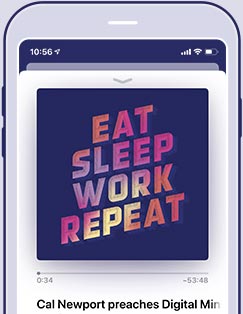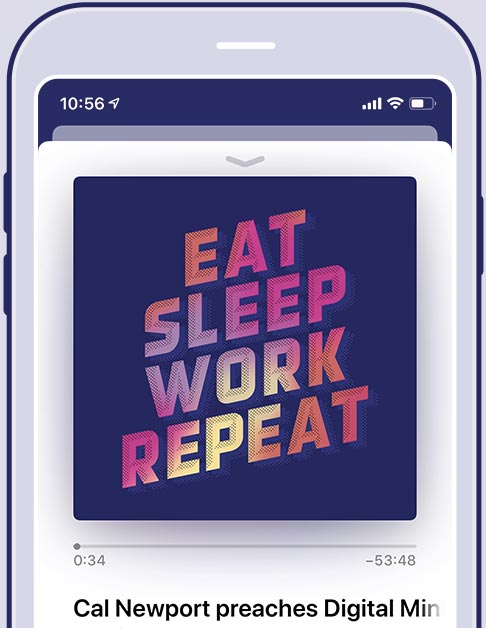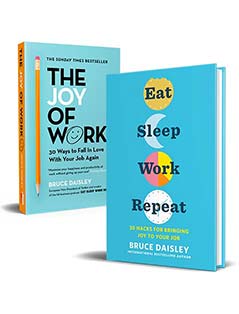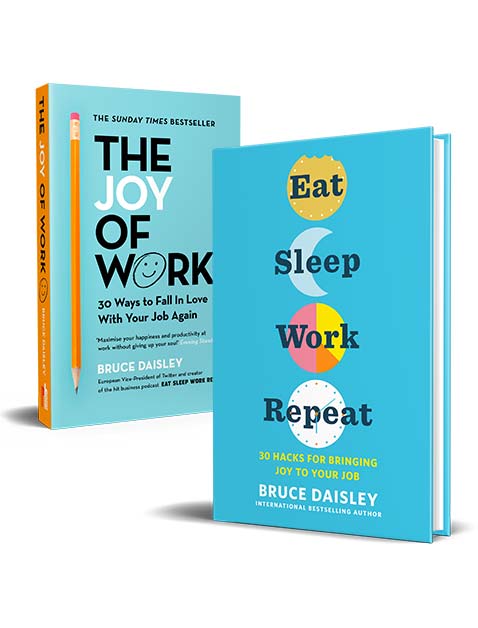The 12 questions every firm should be asking right now
Every firm in the world is going through the same challenges right now. They are asking themselves the same questions about what work looks like in the future.
The problem for many is that their considerations are flitting between things that seem urgent at this moment, rather than exhaustive about every part of the business.
Here are the 12 questions that every firm needs to be asking right now about their own way of doing things, if they are going to design a new Operating System for their business in 2021 and beyond.
Many of us are communicating via video calls because we *can* and it seems personal. One major firm told me last week they’re spending so much time on video calls that it’s made their relationships better than ever (but, aside, it’s really really exhausting them all out).
Imagine if cars were made in the way that seemed most obvious initially. Now look at how they have evolved from that. Many of us need to permit that evolution.
Ask these questions of your team (and yourself).
- How does the work get done round here?
- How do we share information?
- How do we come up with our best ideas?
- Where does the plan/strategy come from?
- How do we make decisions?
- What is our philosophy on meetings?
- How important is culture to us – and when do we feel it most intensely?
- How much do we value being together?
- How do we intend our team members to get better at their jobs?
- How do we create an inclusive environment?
- How do we hire/onboard new people into the team?
- What will our answers to these questions be in 18 months?
1. How does the work get done round here?
The list starts with a big picture question. Similar to the discussion above about how cars are made we need to ask ‘what business are we in?’ and how are the actions we take in service of that? Quite often work becomes ritual, it becomes what we do rather than what we make. Starting with a reminder of what we do and how we do it sets a good context for what is to follow.
2. How do we share information?
For many things on this list the answer might be meetings. If the answer to everything on this list is meetings then you’ve created a very extrovert culture focussed on the energy that is unleashed when people are together with each other. It’s worth taking a look at when things are truly created. Susan Caine’s book Quiet might be a good provocation. Asking yourself if there’s a better way to share information might be the next step here.
3. How do we come up with our best ideas?
This flows from question 2. The answer to this needs to be collectively reached. If bosses operate a ‘genius with many helpers’ model of leadership then they may well feel that the best ideas come from when they summon everyone together for meetings. For most of us we find that our best ideas come from a combination of quiet work followed by discussion. Professor Sandy Pentland talks about this here. If coming together is an important part of this lean into it though – it’s going to be helpful as an answer below.
4. Where does the plan/strategy come from?
For many teams strategy comes slowly then suddenly. Insights are drawn from hundreds of conversations as we do our weekly work, then forged together in a plan when we get together. If this means time alone able to think and then coming together we need to identify that.
Moments of innovation come from making calculations and placing bets (this was brilliantly articulated in Annie Duke’s book Thinking in Bets). Something might fail but the rationale to take a risk was right. What chances a company is taking has a very big bearing on what the OS of the firms should be.
If there is a lot of high intensity co-ordination going on then spending more time in physical proximity to each other seems to be proven to make communication better. Here’s one example of that – research from a emergency services call centre (PDF).
5. How do we make decisions?
Now we’re getting into the tactical parts of how a company actually works. A company can’t rewire until they know how decisions get made. For some firms this has to be round a table in a monthly (or weekly) board meeting. If that’s the case then the new culture needs to set time aside for that.
6. What is our philosophy on meetings?
Still more tactical. Unchecked we could all spend all day every day in meetings. It can create a sense of anxious energy and it usually results in us working late into the night on emails (initially) followed by burn out later. Are we resolute that meetings are in the DNA of the organisation. Could some meetings become documents? Could we move all of our meetings to one day of the week and come together on Tuesdays to meet? What would happen if we stopped half of our meetings? What would happen if we stopped all of our meetings?
7. How important is culture to us – and when do we feel it most?
This is the question we’re all starting to ask. How can we create an energised culture without being together every day? This is a valuable question to let run – it will tell you what you really don’t want to lose.
8. How much do we value being together?
Now we are getting to the heart of these questions for most teams. The discussion that is taking place in Zoom calls across the country. Yes, 75% of workers say they are more productive at home but many of us are missing spontaneous human interaction. Do we agree some firm rules in service of a strong united culture? ‘Everyone is in on Tuesday and Wednesday, no dentists, no deliveries, no excuses – we’re together’. Antony Slumbers brilliantly talks through this debate here.
9. How do we intend our team members to get better?
How intentionally can we think about mastery, about training, about casual learning and intentional learning?
10. How do we create an inclusive environment?
One of the consequences of not seeing each other is that we stop empathising with each other or thinking about representation. Right now this needs to be something we plan for.
11. How do we hire/onboard new people into the team?
So much of hiring and onboarding has been dependent on being around other people. What does this look like if we’re only doing 2 days a week from the office?
12. What will our answers to these questions be in 18 months?
Firms are optimising for safety right now. They’ve managed to move their business from the office to the kitchens of their team members and things stayed upright. But for each of the questions above we should be asking ourselves ‘why do we do it that way?’ We’ve all known about remote work since the arrival of the internet, but most firms have resisted it. Now there’s a question for all of us – could we do some of these things differently?








